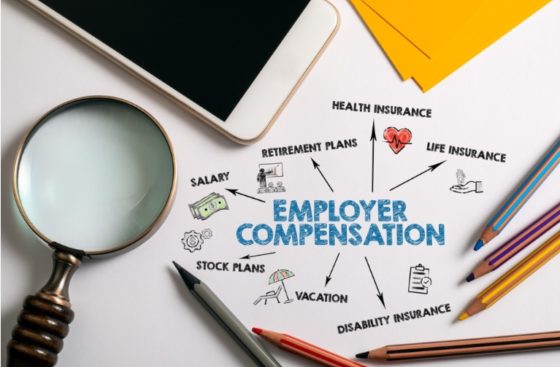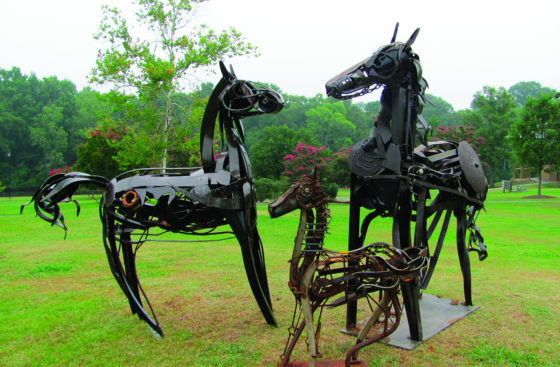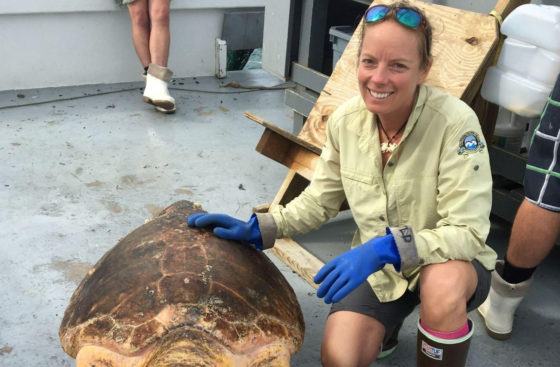In the Community
Sometimes the Most Helpful Answer is “No”
November 02, 2015
In our 21-year history, millions of helpful dollars in grants and scholarships have left Community Foundation of the Lowcountry, and we’re proud of the many amazing projects that have been funded as a part of our work.
In our 21-year history, millions of helpful dollars in grants and scholarships have left Community Foundation of the Lowcountry, and we’re proud of the many amazing projects that have been funded as a part of our work. Much of this funding is based on serious study and due diligence before the checks are written. But there are occasions when the most helpful we have been to an organization is to tell them “no.”
Sometimes the “no” means, “No, you are not ready to undertake that project.” The organization has not planned for how to maintain the project, and does not have the resources to keep it going. Our financial support would have embarrassed the organization by setting it up to fail, which may have caused their donors to question their management ability.
Sometimes the “no” means, “No, your organization does not have a stable donor base, and needs one in order to survive. Therefore, we will not fund the entire project.” Partial funding with a matching requirement can serve not only to help fund the project, but also build a stronger ongoing donor base to sustain the organization. Leveraging our dollars helps to strengthen the ongoing operations of the nonprofit.
Sometimes the “no” means, “No, your board needs strengthening through training before it is ready to be a good fiduciary for this project.” Well-meaning folks don’t always understand what it means to be a board member for a nonprofit. It is not just about coming to meetings and having one’s name on the letterhead. There are legal responsibilities. If a grant maker gets the sense that a board doesn’t understand that, it may be time for the nonprofit to pause and get grounded in the real nature of boardsmanship before taking on a major project—thereby helping to assure its success.
Sometimes the “no” means, “No, it is not our job to dig you out of a financial hole.” You’ve heard of enablers—those who enable folks to continue their bad habits by providing support without requiring positive changes to keep these bad habits from surfacing again. There have been times when our “no” forced an organization to change the way they do business, to get rid of the poor practices that put them in a difficult place, and come out the other side stronger than ever. In such cases, our financial support would have been detrimental in the long term.
Of course, in some cases, the project may have real promise, and the organization is strong, but the “no” comes from our dedication to both our donors and the criteria that have been established over a number of years of experience. Donor intent is of critical importance to us: What is it that the donors to a particular fund, out of which we are making grants, expect us to do with the dollars? To violate that is to violate one of the most integral aspects of our work. Likewise, if we have developed specific criteria over time that have served us and our grantees well, and we use them in a competitive grantmaking program, then it is vital that they be applied fairly to all. Therefore, a project that has value but does not fit our criteria, will most often be declined.
In these last cases, a nonprofit may not understand how this is helpful to them. First, they generally learn to be more careful in reading a grant maker’s criteria and crafting a grant moving forward, and this helps with funding in general—whether it is from us or others. Second, as long as our reputation—developed through adherence to our core values—is sound, then when they do receive a grant from us they can be proud of it. Their organization and their project passed an extensive process of due diligence and we are proud to provide support.
Living generously does not mean giving only from the heart; it means giving from the head as well. As you consider your personal giving, I hope you will recognize that sometimes “no” is a helpful and necessary response.
Denise K. Spencer
President and CEO



